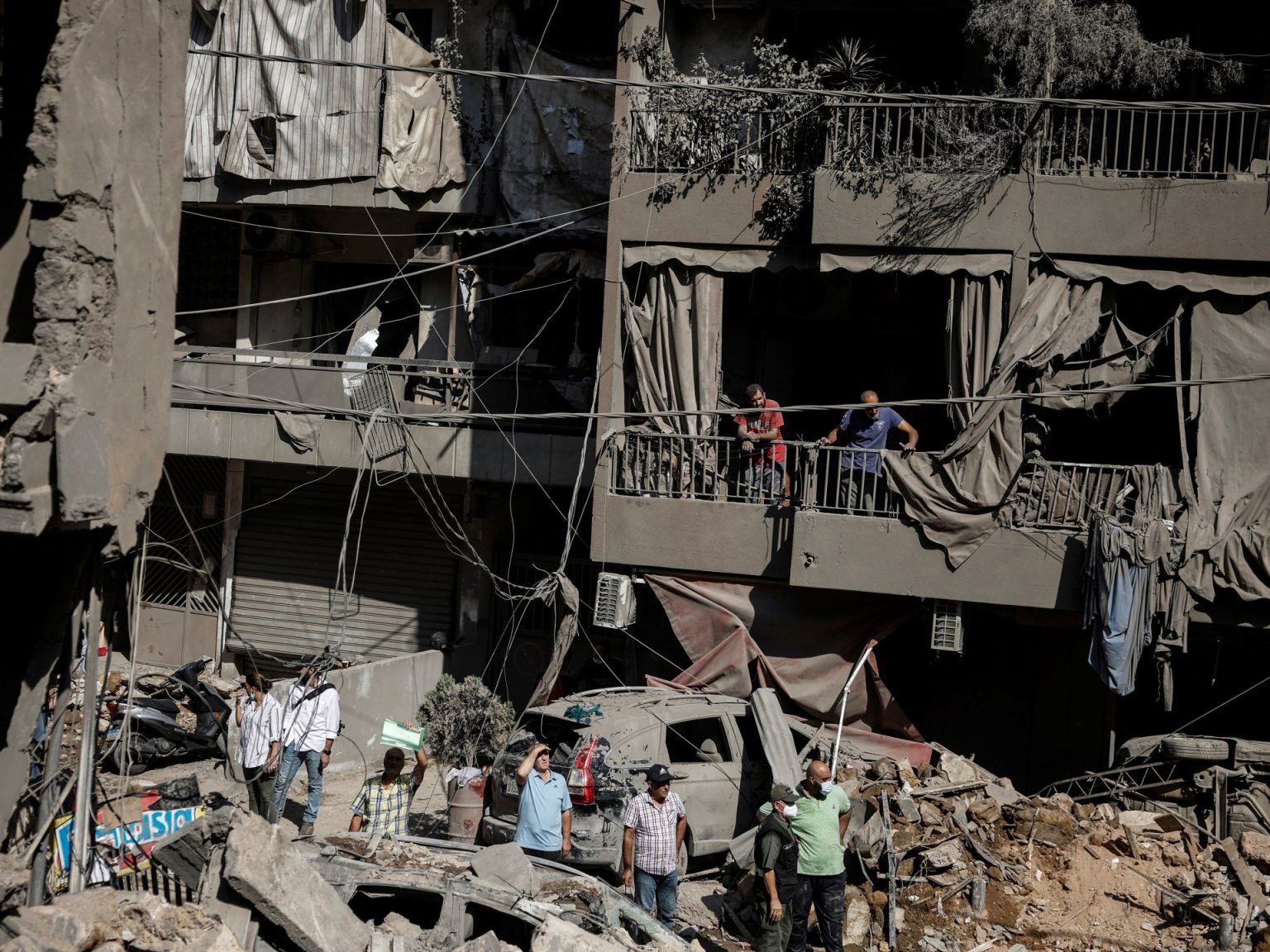The government of Nicaragua has announced its decision to sever diplomatic relations with Israel, citing Israel’s actions as “fascist” and “genocidal”. This move was largely symbolic as Israel does not have a resident ambassador in Nicaragua and relations between the two countries are almost non-existent. The announcement came after the country’s Congress passed a resolution in response to the one-year anniversary of the Gaza war on October 7.
This decision by Nicaragua comes at a time when Israel is facing growing diplomatic scrutiny due to its actions in Gaza and other conflicts in the Middle East, including Lebanon. The death toll in Gaza has risen to over 42,000 people, with thousands more killed in Lebanon as a result of the ongoing conflict. The Nicaraguan government condemned Israel’s war in Gaza, stating that the fighting has now expanded to other countries in the region, endangering Syria, Yemen, and Iran.
Many Latin American leaders have also been vocal in their criticism of Israel’s actions in Gaza, with countries such as Brazil, Colombia, and Chile expressing their opposition to the war. Colombian President Gustavo Petro cut diplomatic ties with Israel in May, describing Prime Minister Benjamin Netanyahu’s government as “genocidal”. Brazilian President Luiz Inacio Lula da Silva also recalled the country’s ambassador to Israel and likened the Gaza conflict to the Holocaust.
In addition to severing diplomatic ties with Israel, the Ortega government of Nicaragua submitted a request to the International Court of Justice to halt German arms sales to Israel, a request that was rejected by the court in April. Nicaragua has been facing its own diplomatic challenges in Latin America as Ortega and his government have been criticized for repressing dissidents and political opponents. The country’s growing isolation on the global stage is further highlighted by this move to break diplomatic relations with Israel.
The Palestinian mission to the United Nations announced that Brazil, Colombia, and Chile had helped spearhead a letter of support for UN Secretary-General Antonio Guterres, who was declared persona non grata by Israel. This international support for Guterres reflects a broader criticism of Israel’s actions and a call for accountability in the ongoing conflicts in Gaza and the Middle East.
Overall, Nicaragua’s decision to break diplomatic relations with Israel adds to the country’s growing isolation on the global stage. The move comes at a time when Israel is facing increasing scrutiny for its actions in Gaza and other conflicts in the region. This decision aligns Nicaragua with other Latin American countries that have criticized Israel’s policies and actions, further highlighting the divide between countries that support Israel and those that oppose its actions.


